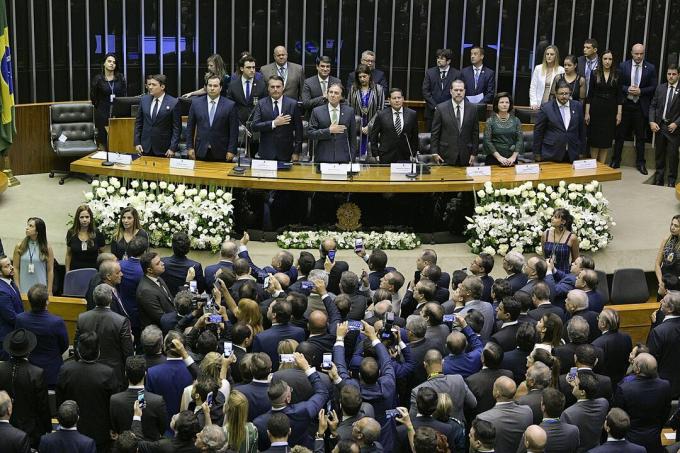prejudice is a preconceived judgment, which manifests itself in a discriminatory attitude towards people, beliefs, feelings and behavior tendencies. It is an idea formed in advance and that has no critical or logical foundation.
Prejudice is a result of ignorance of people who cling to their preconceived ideas, disregarding other points of view, for example. In most cases, prejudiced attitudes can be expressed in anger and hostility.
As said, prejudice can be the result of an intolerant personality, which takes itself, its way of to be and to live as a standard, disregarding any other idea that goes beyond what they consider to be "normal".
There are different manifestations and types of prejudice, the most common forms being social and racial prejudice (racism) and sexual (sexism or homophobia). In the characteristics common to groups, prejudiced attitudes are those that go into the field of aggressiveness or discrimination.
Prejudice is part of the domain of belief because it has an irrational basis, not knowledge that is grounded in argument or reasoning.
See too: The 5 most important moments in the fight against prejudice and racism.
Racial prejudice
Racial prejudice is based on the idea of the superiority of a race or ethnicity. This kind of prejudice shows itself in the form of racism.
Racism can be evidenced through offensive words, but they are also present in institutions and, as the author Silvio de Almeida emphasizes, compose social structures of exclusion of groups racialized.
gender bias
Machism and misogyny
Gender prejudice is based on a patriarchal culture that supports the idea of male dominance and that men are superior to women.
Machismo leads to the objectification of women and can generate hatred towards the female sex, called misogyny. This type of prejudice can culminate in different forms of violence: verbal, psychological, material, physical or sexual.
homophobia and transphobia
Homophobia and transphobia are other forms of expression of gender prejudice that affects people from LGBTQia+ groups.
Generally, this type of prejudice is characterized in acts of physical violence. It is worth remembering that Brazil is the country in the world that kills the most trans people in hate crimes in the world.
linguistic prejudice
O linguistic prejudice, which consists of unfounded discrimination against language varieties. This is also a social prejudice, and targets people who speak differently for some historical or cultural reason.
Thus, the so-called "cultured norm" is used as an exclusion factor to discriminate against people and disqualify popular knowledge.
Marcos Bagno, Brazilian professor, linguist and writer, wrote about linguistic prejudice, deconstructing myths related to Brazilian culture and the language spoken in Brazil.
Learn more about linguistic prejudice.
religious prejudice
It is also possible to identify the religious prejudice, where an individual is discriminated against for their religious practice. For example: at an airport, many people would be nervous if they saw a Muslim, as they assume that all Muslims are extremists/bombists. This is a preconceived idea based on ignorance and one that exemplifies the emergence of most prejudices.
Some people are also discriminated against depending on where they were born. In Brazil, for example, many people from the Northeast are discriminated against because of the prejudice that is ingrained in society.
See also the meaning of Discrimination and stereotype.

